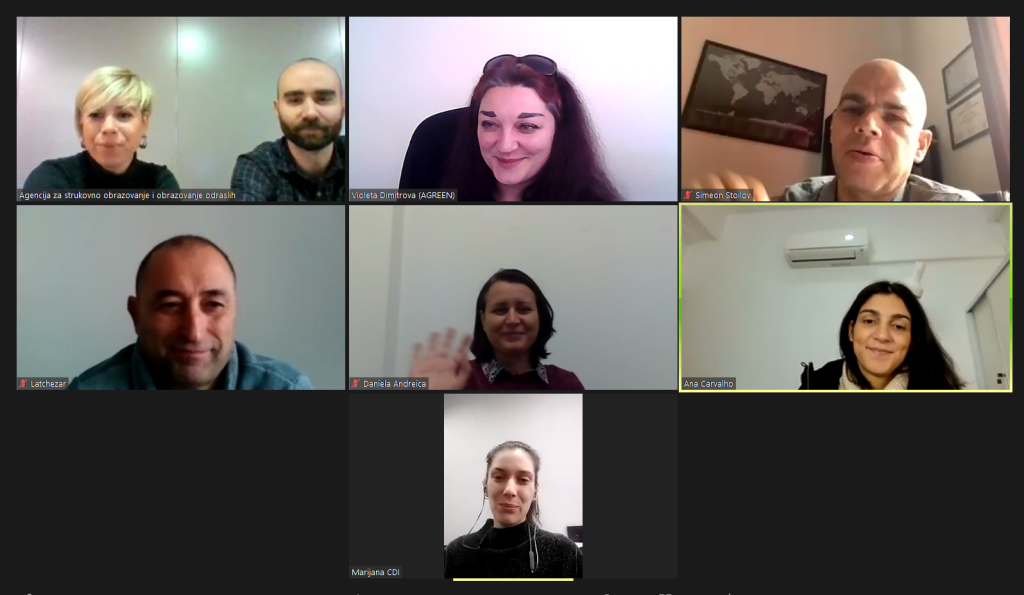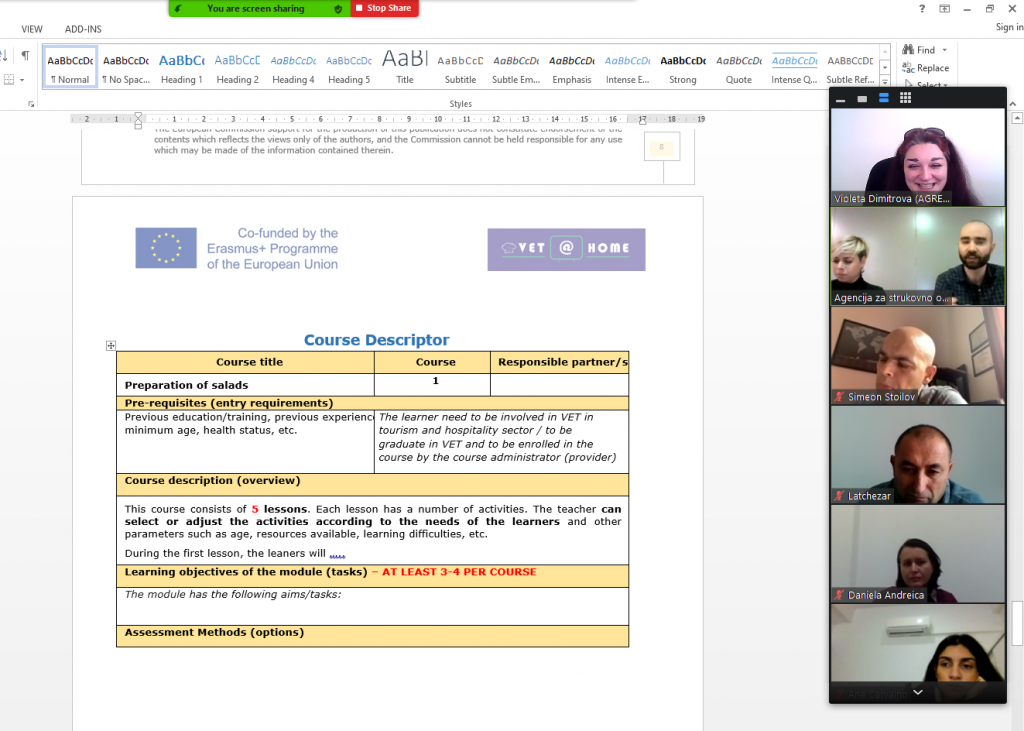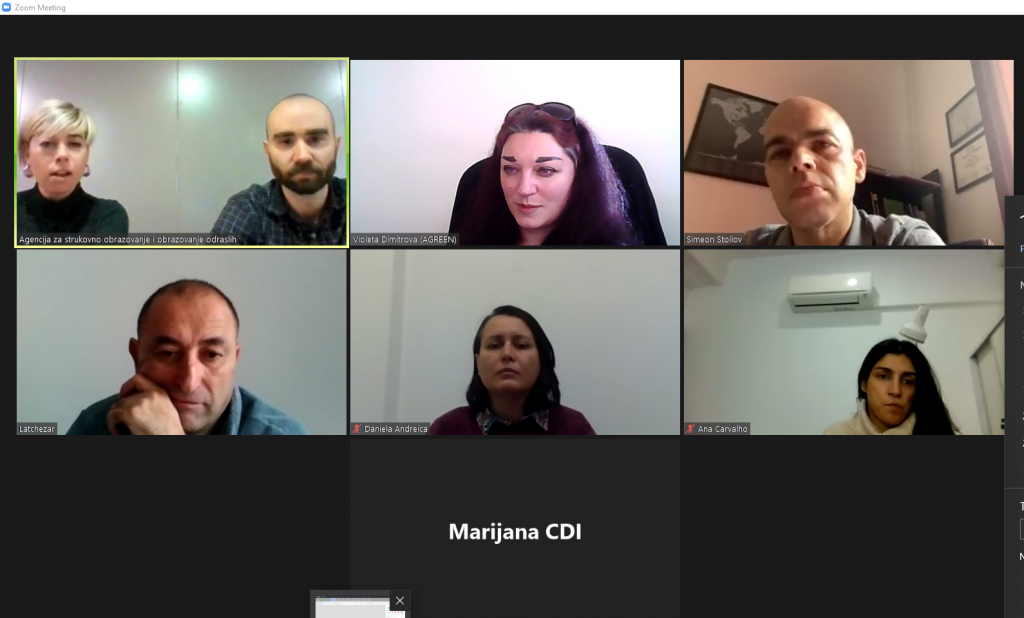In an online meeting of the partners held on 26.11.2021 within the VET@HOME project, we discussed the results of the surveys and reports for the partner countries regarding the challenges faced by VET providers in the last year and a half.
A significant part of vocational education and training (VET) have been completely stopped, especially those that foresee the physical gathering of trainers and trainees in one place, and the conduct of training or production practice, due to the restrictions imposed by Covid19.
In this situation, the VET providers, as well as the trainees themselves, were forced to switch to alternative forms of training such as distance learning or blended learning, which happened, however, without the necessary technical infrastructure, prior organization and preparation. Accordingly, the results are limited or no practical training at all, especially in the acquisition of culinary arts qualifications, a lot of unlearned knowledge and skills by trainees and, in general, an unsatisfactory quality of training.
In the course of the studies, some interesting positive practices were also identified, which the providers have implemented as an emergency response, with a view to continuing the training process, but some of them are not regulated or at all permissible according to the existing regulations of practical VET in the partner countries. All these conclusions will serve us to further develop the results of the project and guide us in proposing solutions for similar situations, such as the one in which the Culinary Arts VET was placed in the conditions of the pandemic.



The European Commission’s support for the production of this publication does not constitute an endorsement of the contents, which reflect the views only of the authors, and the Commission cannot be held responsible for any use which may be made of the information contained therein.


 Български
Български Русский
Русский

